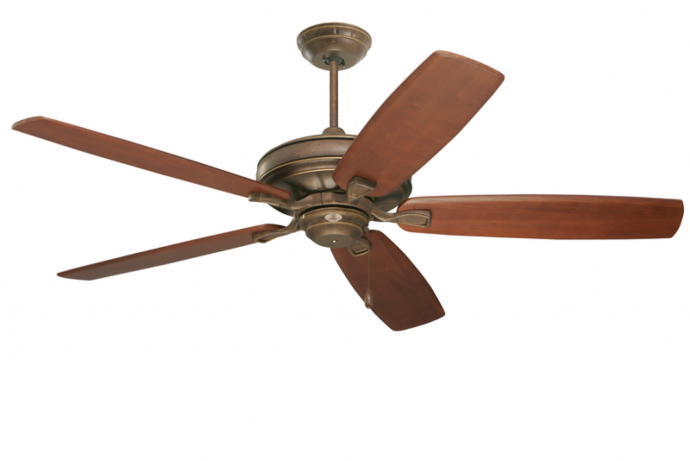Research
Published 14 January 2021Hot homes: How are you keeping your place cool this summer?

Be it black-out shades or chilled sheets, Kiwis have long had their own hacks at cooling down hot homes without air conditioning - now a researcher wants to hear more about them
Original article by Jamie Morton published on 10 Januray 2021 in the NZ Herald
Many New Zealand homes are woefully prepared to deal with summer's extreme heat.
A recent Stats NZ survey of 6700 homes found 36 per cent were sitting at 25C or more over summer - and sometimes even above 30C - compared with a comfortable indoor range of 20C to 25C.
A third were also colder than 18C over winter - or below World Health Organisation standards - something linked to people renting poorly-insulated homes and struggling to pay for everyday needs.
This winter "energy poverty" and its wide public health impacts has been the major focus of Dr Kimberley O'Sullivan's research at Otago University.
"Mostly that has meant that we've focused on whether people can be warm enough in winter – but actually it means being cool enough in summer too."
She pointed out six of New Zealand's top 10 warmest years occurred in the last decade, and the country was seeing more frequent and severe hot days, which came with their own implications for health and energy use.
"Over the last 20 years we've also had rapid uptake of heat pumps, and over half of New Zealand households with a heat pump have reported using it for cooling in summer," she said.
"So now households have both a mechanism for active cooling - and a greater need for reducing home temperatures in summer."
In a newly-launched study, supported by the Marsden Fund, she sought to answer how not only Kiwis were managing summer heat flows through their homes, but also how this was changing over time.
"I'm especially looking for the kinds of knowledge that is sometimes called know-how – or what people know from experience," she said, adding that included how Kiwis were using measures ranging from curtains to heat pumps.
"This year, I'll start with a postal survey in regions with more extreme summer heat to get some initial answers to questions like how comfortable people find their homes in summer, if they try to adjust the temperature, whether that's changed over time, and whether they feel they know enough about these issues."

Dr Kimberley O'Sullivan. Photo source: University of Otago News
She was particularly keen to hear from multiple generations of the same families, and what advice had been passed down.
"I also want to make sure that we're including Māori whānau, Māori have lived in Aotearoa longest and will have wisdom to offer."
Finally, the three-year project would compile temperature and relative humidity records using data loggers in a sample of houses, and how people were using energy throughout each day of a week.
"As far as I'm aware, these approaches haven't been combined like this before to look at these questions - and they definitely haven't been used like this in New Zealand," she said.
"One thing that will be quite challenging I think is to usefully weave all of the data back together to make one big story or picture, integrating everything at the end in a way so that the sum is greater than the parts.
"The parts as individual studies would all be useful, but I'm hoping to come out with something extra by combining them.
"If we have a really good picture of what people know and do, as well as what their needs are when it comes to managing summer heat at home, then we might be able to tailor different advice and policies where they are needed.
"The goal is that this will help to enhance our resilience to climate change and improve public health and wellbeing."
Three tips for keeping your home cool
• Easy fixes: Keep out the sun by shutting curtains and blinds. Open doors and windows in different rooms to move air through your home. Fit security latches to leave windows open while you're out.
• Create shade: Plant deciduous trees to shade your house in summer. They'll let sun through when they lose their leaves in winter. Install external window shades - such as blinds, awnings or louvres. Eaves or roof overhangs above north-facing windows block summer sun.
• Use fans: Table-top, floor and ceiling fans use a lot less energy than air conditioning. If you have a heat pump, try the fan-only setting with your windows open.
Additional information: New Zealand Herald article
RESEARCHER
Dr Kimberley O'Sullivan
ORGANISATION
University of Otago
FUNDING SUPPORT
Marsden Fund
CONTRACT OR PROJECT ID
UOO2029: 'Heating up, cooling off: Managing summer heat flows in New Zealand homes
